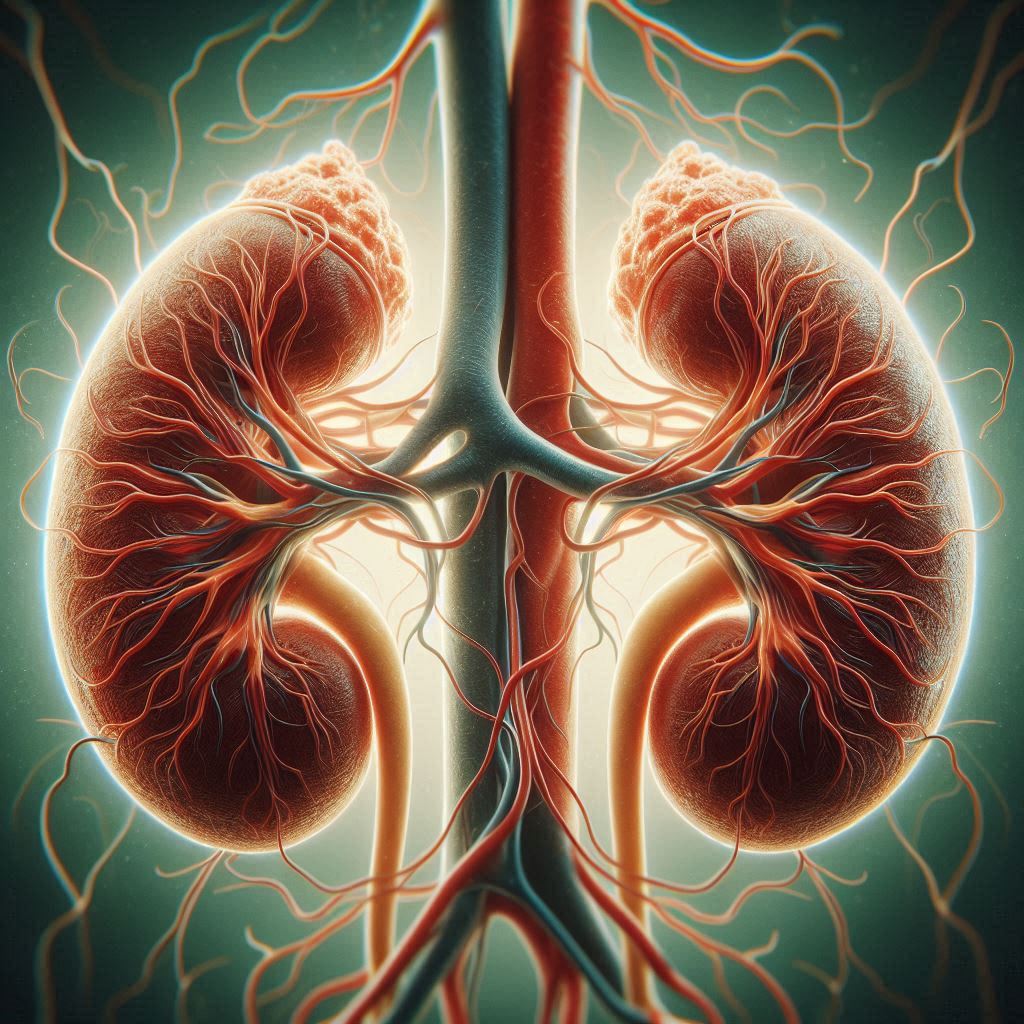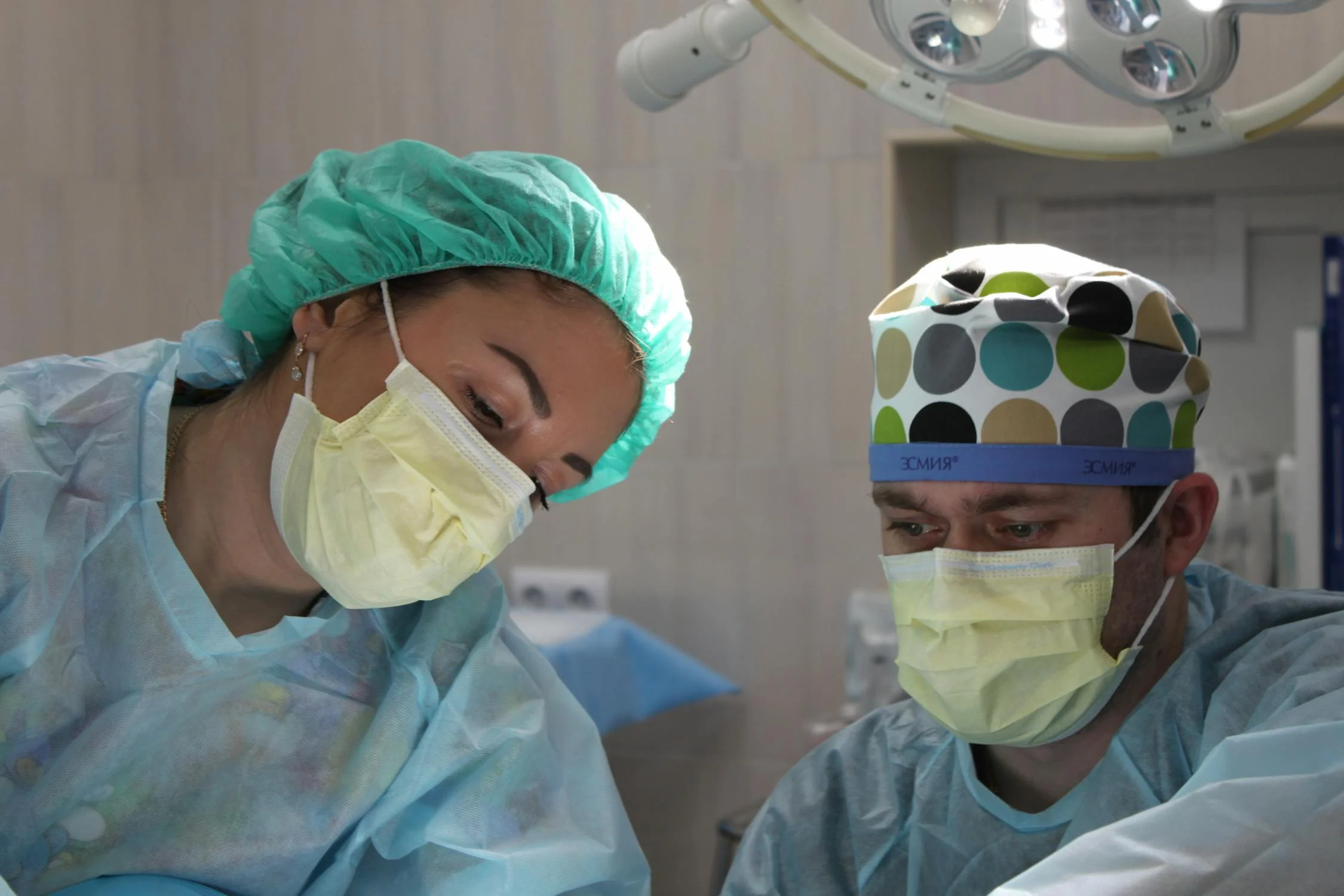Hemolytic Uremic Syndrome (HUS) is a condition characterized by a triad of symptoms:
- Microangiopathic hemolytic anemia – This is anemia due to the destruction of red blood cells in the small blood vessels, leading to fragmented red blood cells or schistocytes on blood smear.
- Thrombocytopenia – Low platelet count, which can lead to bleeding tendencies.
- Acute kidney injury – Often leading to acute renal failure, which might manifest with symptoms like decreased urine output (oliguria), high creatinine levels, and sometimes hypertension.
Presentation:
- Children: HUS is most commonly associated with a preceding gastrointestinal infection, particularly with Escherichia coli O157:H7, which produces Shiga toxins. Symptoms might start with bloody diarrhea followed by signs of kidney involvement a few days later. Other signs include pallor, fatigue, irritability, and decreased urine output.
- Adults: While less common, HUS can also occur in adults, sometimes related to other infections, medications, autoimmune conditions, or pregnancy (atypical HUS). The presentation might be similar but can include more systemic symptoms due to the underlying cause or condition.
Diagnosis:
- Blood Tests:
- Complete Blood Count (CBC) showing anemia with schistocytes, thrombocytopenia.
- LDH (lactate dehydrogenase) might be elevated due to hemolysis.
- Reticulocyte count increased due to the body’s attempt to replace lost red blood cells.
- Kidney Function Tests:
- Elevated serum creatinine, urea, suggesting kidney injury.
- Urinalysis:
- Might show proteinuria, hematuria.
- Stool Culture: If there’s a history of diarrhea, checking for E. coli O157:H7 or other Shiga toxin-producing bacteria.
- Coagulation Studies: To differentiate from other causes like Disseminated Intravascular Coagulation (DIC), though in HUS, coagulation parameters are typically normal.
- ADAMTS13 Activity: Low levels can suggest atypical HUS or Thrombotic Thrombocytopenic Purpura (TTP), which shares some features with HUS but requires different management.
- Imaging: Renal ultrasound might be done to look for signs of renal damage or to exclude other causes of acute kidney injury.
- Genetic Testing: In cases of atypical HUS, to look for mutations that predispose to the condition.
Management:
- Supportive care including hydration, management of blood pressure, and dialysis if renal failure is severe.
- Treatment of underlying infections if present.
- Plasma exchange or infusion for atypical HUS or if TTP is suspected.
- Eculizumab, a monoclonal antibody, can be used in some cases of atypical HUS.
HUS requires prompt recognition and management due to its potential for severe complications, including chronic kidney disease or even death if not managed appropriately.



Leave a Reply